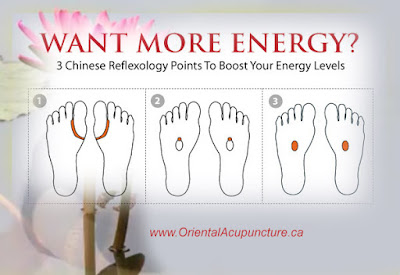Traditional Chinese Medicine (TCM) offers holistic approaches to support and boost the immune system naturally. Here are five TCM strategies to enhance immunity:
1.Acupuncture:
- Acupuncture helps regulate the immune system by promoting the flow of Qi and restoring balance. Points such as Zusanli (ST36) and Guanyuan (CV4) are commonly targeted to strengthen the immune system. Consult with a licensed acupuncturist to determine the best approach for your individual needs.
2.Chinese Herbal Medicine:
- Chinese herbs have been used for centuries to enhance the immune system. Adaptogenic herbs, such as astragalus (Huang Qi), ginseng (Ren Shen), and reishi mushroom (Lingzhi), are commonly prescribed to improve overall vitality and immunity.
- Herbal formulas may be tailored to an individual's specific constitution and health condition. Consult with a qualified TCM practitioner to receive personalized recommendations.
3.Diet and Nutrition:
- TCM places great emphasis on maintaining balance in the body through proper nutrition. Foods are classified based on their energetic properties (cooling, warming, or neutral) and their effects on the body.
- Foods such as ginger, garlic, mushrooms, green tea, and Chinese medicinal soups are often recommended to strengthen the immune system. A TCM practitioner can provide guidance on a diet that suits your individual needs.
4.Qigong and Tai Chi:
- Qigong and Tai Chi are mind-body practices that combine movement, breath control, and meditation. These exercises are believed to enhance the flow of Qi, strengthen the body, and promote overall well-being.
- Regular practice of Qigong and Tai Chi has been associated with improved immune function and reduced stress. Choose a style that suits your preferences and consult with an experienced instructor to ensure proper technique.
- 5.Cupping Therapy:
- Cupping promotes blood circulation and remove toxins. While commonly used for pain relief, cupping can also be employed to support the immune system by enhancing the body's natural healing mechanisms.

.png)

.png)










.jpg)












